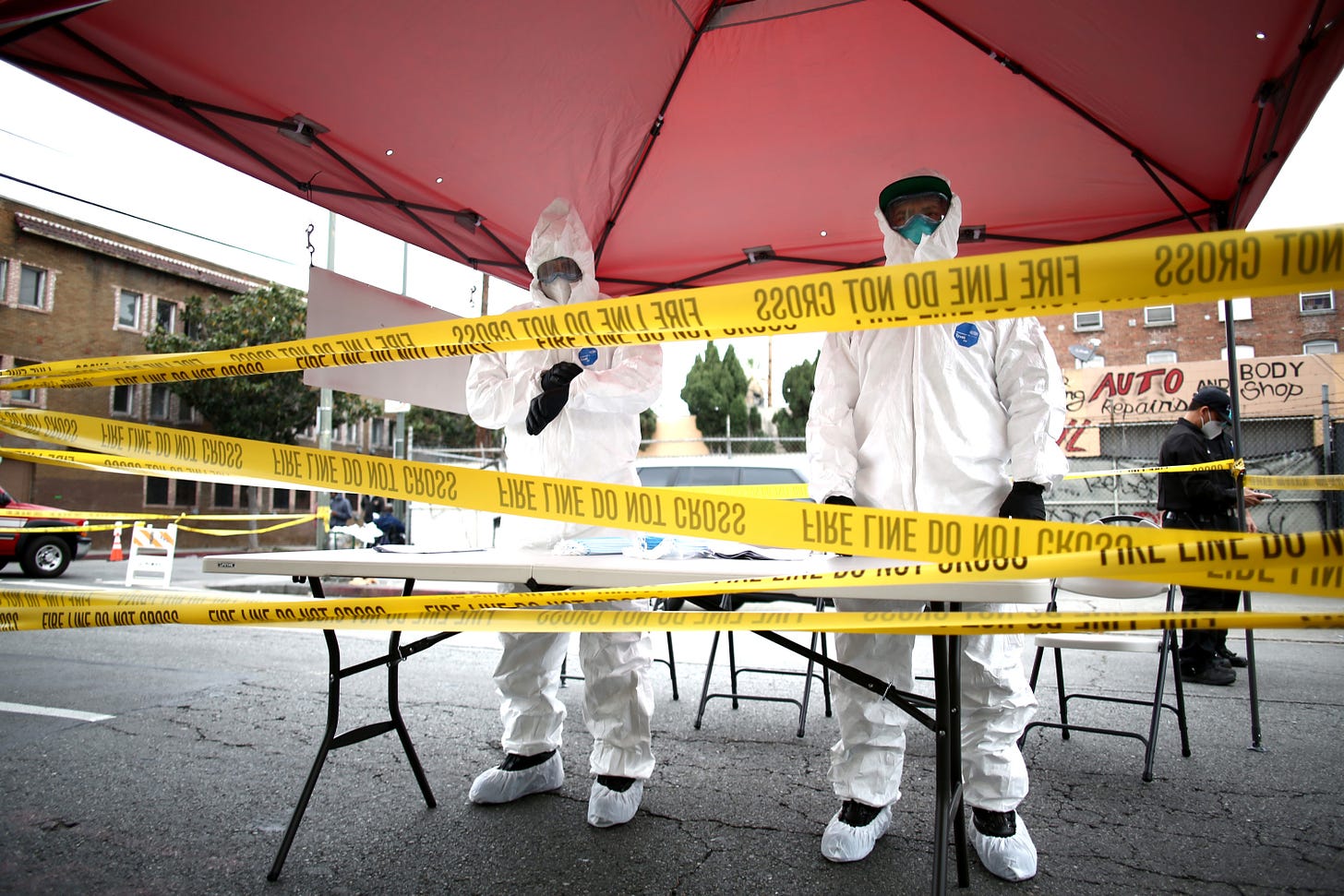Charity and Medicine Adapting to COVID
New kinds of creativity and cooperation have been necessary to bring help to people who need it.

COVID-19 stopped life in its tracks this past year. But it didn’t stop a steel rod in Carlos’s back from snapping, and it didn’t keep the scoliosis in his back from further bending his spine.
So it didn’t stop the U.S.-based doctors and medical professionals who have been treating Carlos for years. Normally they would have flown to Saint Lucia, where Carlos and his family live, and fixed that steel rod in a relatively straightforward procedure. With COVID, that wasn’t possible. So his pro bono orthotist, Ksenia Major, had a brace built using his measurements and shipped it to Carlos’s doctors at home, with support from the World Pediatric Project.
Ksenia, based in Richmond, Virginia, will work via video with Carlos’s medical team in Saint Lucia to fit him correctly, allowing his lungs to stay open and relieving his pain, at least until a team from WPP can travel and perform the surgery Carlos needs.
That’s how things work when you’re in the business of caring. You don’t stop when a pandemic hits. You adjust. You innovate. You keep trying. Most of all: You don’t stop.
Americans are not letting COVID get in the way of our charitable spirit. At least based on preliminary figures, charitable donations by Americans are up this year. People are giving more of themselves in non-financial ways as well. Even when we’re forced into social distance and lockdowns, we’ve built enduring bonds in our communities to those in need.
That’s been particularly true where the work is often hardest due to COVID—not just in our hospitals, but across national borders. For decades, Americans of diverse backgrounds have devoted themselves to global service, particularly in the area of health care. Doctors, nurses, and other skilled medical professionals regularly donate weeks or more of their time each year to assist patients who otherwise have no access to specialized care.
This work is particularly critical when it comes to children. Conditions that are treated relatively easily in the United States often go unaddressed in countries struck by poverty and disorder. When COVID hit, World Pediatric Project had a list of roughly forty children in the Caribbean and Central America who needed heart surgery. Normally, these children’s surgical care would be streamlined through partner hospitals in the U.S.; instead, our five pediatric cardiologists had to meet and make tough choices on how to treat some children remotely while delaying treatment for others.
These cardiologists’ plan is both imaginative and skillful: They will see what equipment local doctors need, train them to do echocardiograms and other procedures, and then determine diagnoses and treatment plans. When travel is possible, we expect to do the surgery each child needs.
What makes this kind of solution possible is that these doctors are often volunteers for many years. They’ve gotten to know their patients—as any good physician does. They know the parents and family and the local doctors. If they have to deliver news or training over a video screen, there is already a trusting relationship to back that up. That’s not just charitable work. That’s partnership.
In a sense, COVID has forced us to learn some hard lessons about how to do charitable work in new ways. We have had to learn to work together more, trust each other more, and let others help themselves a little more.
The Jewish sage Maimonides famously taught that there are many different kinds of charity—and the greatest kind is that which allows someone else to live independently and with the greatest possible dignity, so they never need charity again. In a sense, we’ve been forced by COVID to perform charity at that highest level—to help others help themselves. While we can’t treat patients like Carlos when and how we would want to, we are able to express our charitable mission in the fullest way possible, and we take our victories where we can find them.









